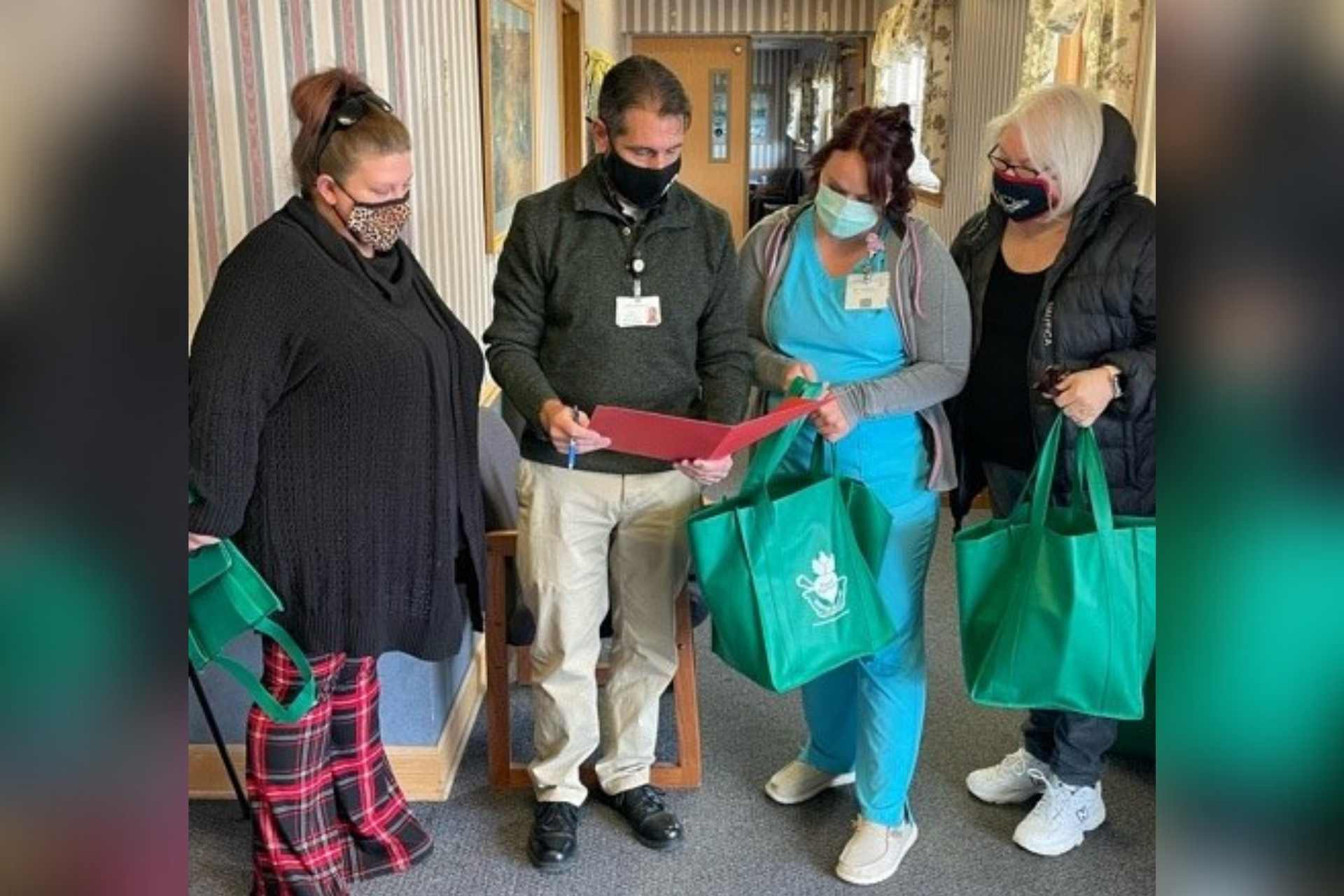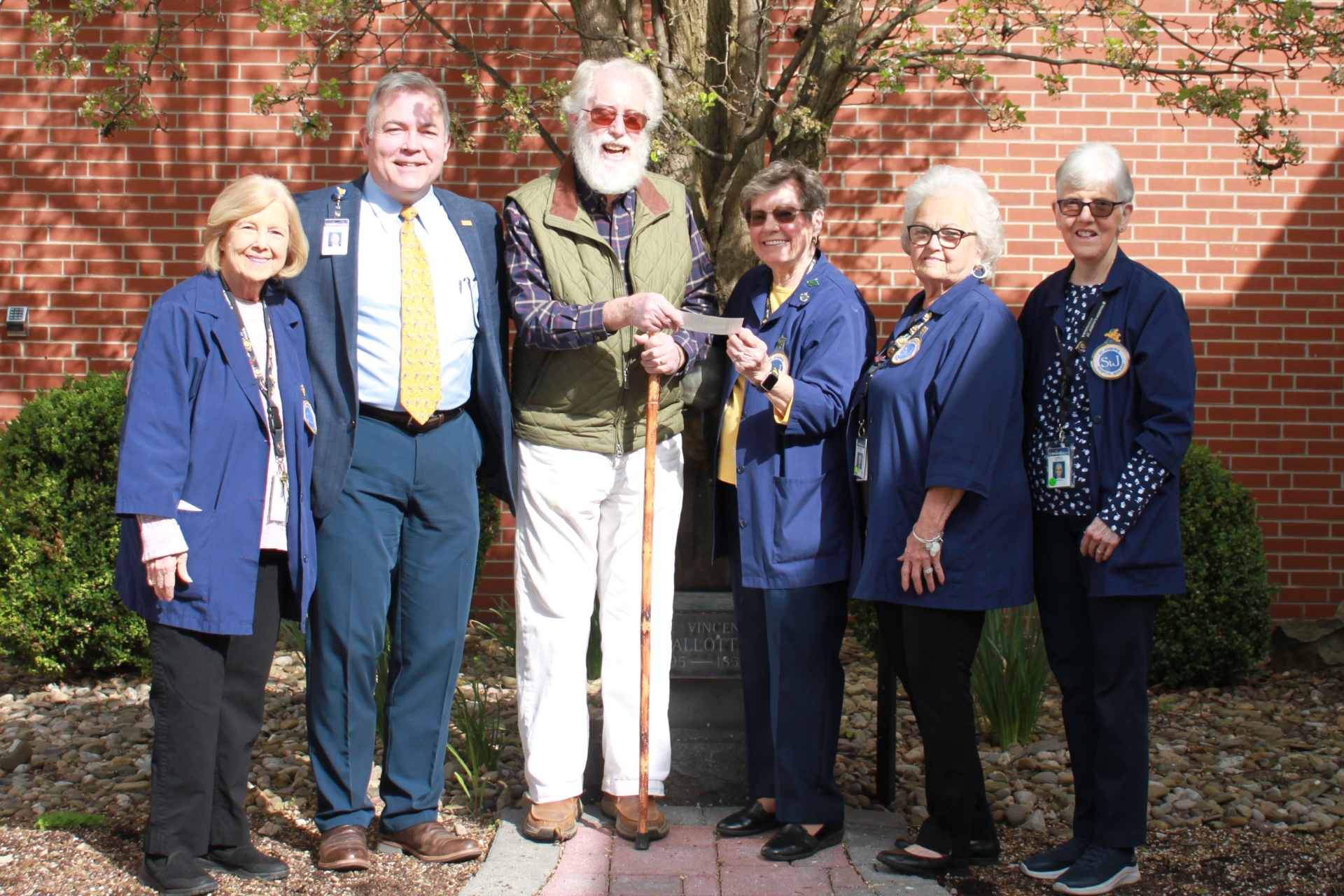ELKINS — Davis Health System has recently launched a program aimed at promoting healthy eating habits through fresh-farmed foods.
The six-month initiative — Food Farmacy — will feature recipes, created by hospital dieticians, doctors and staff, using food provided by Kroger and Mountaineer Food Bank, as well as DHS.
One day each week, participants will receive the recipes and the ingredients needed to prepare the health-oriented menus. DHS physicians will monitor changes to their well-being throughout the nearly half-year program.
“Tackling food insecurity is a major component of a successful population health management program,” Dr. Catherine Chua, Davis Health System chief medical officer said.
“The recipes were organized by the Food Farmacy team, including Jim Severino, director of nutrition services, the population health department and myself. Food is being donated from those entities as well as donated food from Kroger. We are paying for the food from the food bank, with the help of a grant from the Davis Health System Foundation.”
Through the program, hospital officials hope to promote a well-rounded diet as a form of preventative medicine by decreasing the likelihood of diabetes, thyroid issues, high blood pressure and other medical issues that can result from unhealthy dietary habits.

“Studies show that healthcare accounts for only 10-25 percent of an individual’s health over time. Social Determinants of Health, such as food and housing insecurity, transportation availability, access to safe places to exercise and other variables are far more important to the health of an individual and a population,” Chua said.
“By offering the Food Farmacy, we hope to alleviate food insecurity for families in need. We will combine access to healthful food, tools and education for improvements such as savvy grocery shopping, budgeting and life skills,” she continued. “Our goal is to improve health metrics and quality of life for the participants.”
This is the first time DHS has offered the program, according to Chua; however, the DHS team hopes to see the program grow, both in frequency and areas in which it can be offered within the DHS family.
“This is a pilot program. Our goal is to unroll this program in three phases. Phase one will be available to these six families and will be more of a hybrid. We intend to collect data from this pilot to use to pursue grants for expansion of the program in the coming years. We will analyze health and quality of life inventories at the beginning of the program, at six months at the end, and again six months later to assess whether or not the effects of the program are lasting, Chua said.
“Phase two will include installation of a physical grocery store type environment where patients and community will be able to shop for fresh ingredients and pre-made healthful meals combined with the ‘Farmacy’ piece where patients will be able to present a prescription from their provider for a week’s worth of healthful food. The patients will then be provided with the farmacy food, but also be able to supplement that with other wares in the store. Participants in this phase will also be signed up for education as a condition of participation,” she continued. “We hope to be able to partner with community resources to help provide transportation and support of the program. Phase three will include expansion both in the form of physical plants and refrigerated trucks to deliver food to the other counties served by Davis Health System including Barbour, Upshur, Webster, Tucker, Pocahontas, and Pendleton.”
Anyone interested in supporting the Food Farmacy through product or financial donations is encouraged to call the DHS Foundation at 304.630-3043.














